Persian Cat Behavior: What Owners Should Know

Persian cats are admired worldwide for their flowing coats, round faces, and dignified appearance. They are often described as the “aristocrats” of the cat world, not just for their looks but for their calm and regal presence. But beyond appearances lies a fascinating temperament that makes them unique companions. Persians are gentle, affectionate, and sensitive cats who prefer a predictable, peaceful life. For anyone considering this breed, understanding Persian cat behavior is essential to ensure a happy, stress-free relationship.
Meet the Persian
The Persian has been one of the most popular purebred cats for centuries, treasured for its beauty and tranquil nature. Unlike more energetic breeds that crave constant stimulation, Persians are happiest in calm households where routine and comfort are part of daily life.
Physically, their brachycephalic (flat-faced) features and long coats shape not only their appearance but also their behavior. They don’t jump or climb as often as other cats, preferring low, cozy spots. Their long fur means they spend more time being groomed, which often becomes part of their bonding experience with their owners. These factors combine to create a cat whose behavior is both gentle and reserved, but deeply affectionate toward those they trust.
Living with a Persian feels like having a soft, quiet presence in the home — a companion who offers calm rather than chaos, affection rather than demands.

Typical Persian Behavior
Calm and Gentle Companions
Persians are some of the calmest cats you can live with. They are content to spend long hours lounging on soft furniture, watching their surroundings with quiet curiosity. While they do enjoy bursts of play, they prefer gentle activities over wild running or climbing.
Their calmness makes them ideal for people who want a steady, low-energy pet. Persians don’t usually get into trouble by knocking things over or climbing high shelves — instead, they bring a peaceful rhythm to the household.
Affectionate but Reserved
While Persians love their families, they show affection in subtle ways. They may quietly follow you into a room, sit nearby as you work, or curl up in your lap for a nap. Unlike more vocal breeds, they rarely demand attention with loud meows. Their love is quieter, but it runs deep.
Many owners describe Persians as “constant companions,” not because they are clingy, but because they like to be in the same space as their people. Their reserved nature means they may not welcome rough play or overly noisy environments, but in the right setting, their affection is steady and heartwarming.
Preference for Routine
Persians thrive on predictability. Regular feeding times, grooming sessions, and quiet evenings at home all contribute to their sense of security. Sudden changes — like rearranging furniture, moving house, or introducing new pets — may unsettle them.
Core traits of Persian behavior:
-
Calm and affectionate presence.
-
Loyalty to their household.
-
Quiet companionship rather than loud attention-seeking.
-
Dependence on routine and stability.
Differences Between Kittens and Adults
Persian Kittens
Though calmer than many breeds, Persian kittens are still curious and playful. They enjoy chasing toys, exploring safe spaces, and interacting gently with their families. Their play is usually softer and slower than that of more energetic breeds, but it’s essential for their development.
Adult Persians
As they mature, Persians settle into their famously relaxed personalities. Adult Persians are often content to spend much of the day resting, interspersed with short sessions of gentle play. They love quiet lap time and prefer peaceful interactions over constant activity.
Seniors
Senior Persians become even more tranquil. They are often happiest with familiar routines, warm spots to nap, and gentle grooming sessions. Their behavior reflects their need for stability and comfort, with play becoming rare but affection remaining strong.
Behavioral stages at a glance:
-
Kittens: playful, curious, gentle explorers.
-
Adults: calm, affectionate, routine-focused.
-
Seniors: serene, steady, and highly bonded to family.

For owners curious about communication during kittenhood, Decoding Meows and More: Understanding Your Purebred Kitten’s Behavior is a useful guide to recognizing early personality traits.
Behavior Influenced by Breed Traits
Indoor Lifestyle
Persians are indoor cats by design. Their brachycephalic features make breathing harder during vigorous activity, and their long coats are prone to tangles and dirt outdoors. Most Persians prefer staying inside, where they feel safe and comfortable.
Grooming as Bonding
Daily grooming is essential for Persians, and it often becomes a special routine between owner and cat. While some cats resist brushing, Persians often grow to enjoy it when introduced gently. Grooming helps keep their coats beautiful and prevents mats, but it also reinforces their calm behavior by giving them regular, soothing interaction.
Health and Comfort
Certain health conditions may influence Persian behavior. For example, breathing difficulties may make them less active, while eye tearing can affect how they interact with their environment. Owners who keep up with vet care and grooming find their Persians remain more comfortable and affectionate.
For tips on managing grooming, DIY Grooming Hacks for Busy Purebred Cat Owners offers helpful strategies to make care easier and less stressful.

Social Behavior
Persians are affectionate but reserved socially. They usually bond most closely with their families and may be shy around strangers. Rather than rushing to greet guests, they often prefer to observe from a safe distance before deciding whether to approach.
This reserved nature makes them ideal for quieter households. They are not typically the center of attention at parties, but they are deeply loyal to their trusted humans.
Persian social tendencies:
-
Strong bonds with family members.
-
Shy or cautious with new people.
-
Prefer quiet homes over noisy environments.
-
Happiest when their routine is undisturbed.
Conclusion
Persian cat behavior is defined by calmness, affection, and loyalty. They are gentle companions who bring peace and comfort to their homes. Unlike high-energy breeds that demand constant stimulation, Persians thrive on quiet companionship, predictable routines, and regular grooming.
From playful kittens to serene seniors, their personalities shift over time but always retain their gentle nature. By understanding these traits, owners can create a home environment that allows Persians to flourish. With patience, grooming, and love, these elegant cats offer years of companionship and tranquility.
FAQ
Are Persians playful cats?
Yes, but in a gentle way. They enjoy interactive toys and quiet games, especially as kittens, but they are less active than high-energy breeds.
Do Persians get along with children?
They can, but only with calm and respectful children. Persians dislike rough handling, but in gentle households, they bond well with kids.
Do Persians need a lot of attention?
They enjoy company but are not demanding. They prefer being near their humans, offering quiet companionship rather than constant requests for play.
How does grooming affect Persian behavior?
Grooming is essential for Persians and often becomes a bonding ritual. Regular brushing helps them feel comfortable, prevents coat problems, and strengthens the bond between cat and owner.



























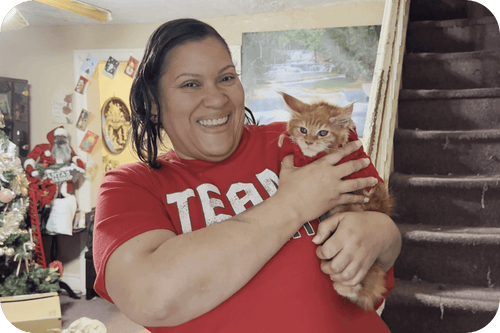
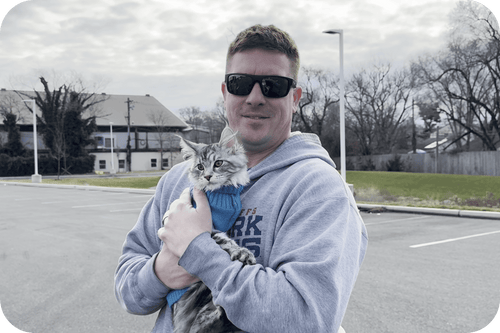











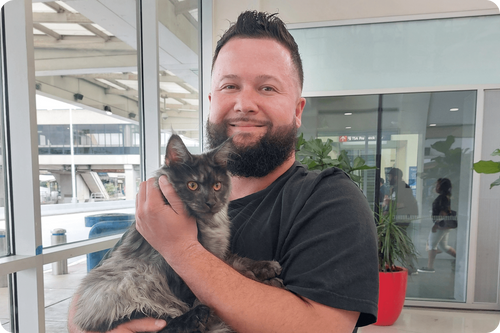













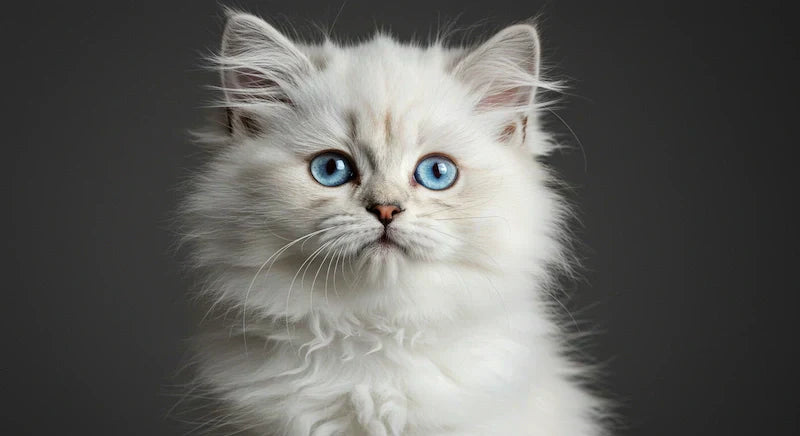
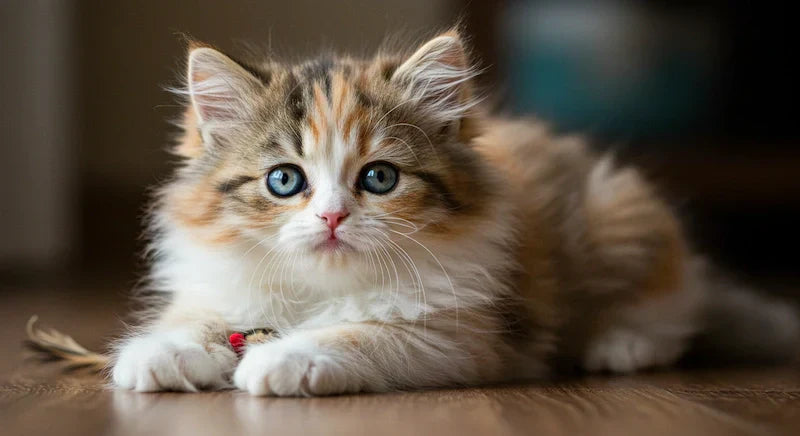
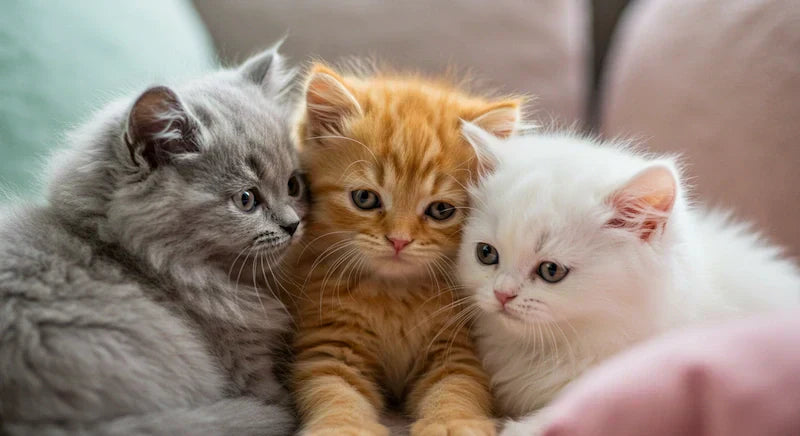




Comments(0)